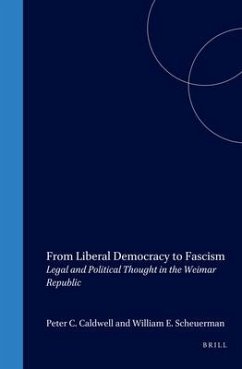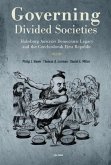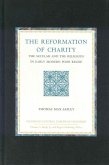The Weimar Republic from 1919 until 1933, when Hitler came into power witnessed crucial debates on law and politics. These debates are reexamined in this book. Were, for example, democratic rules and procedures an adequate basis for democracy, as Hugo Preuss and Hans Kelsen suggested? Or should constitutional law elaborate the deeper, basic principles embedded in the democratic constitution itself, as Hermann Heller argued? Was the president the immediate "guardian of the constitution," as Carl Schmitt's concept of "representation" suggested? Or was Schmitt's concept itself subject to Walter Benjamin's critique of the aura of authenticity? These, and other typical Weimar-era debates helped shape West German constitutionalism. The former labor lawyer on the left Ernst Fraenkel, for example, began to develop a general theory of dictatorship mass democracy while in exile, which influenced the new discipline of political science after the war. Similarly, Gerhard Leibholz, an anti-positivist lawyer in Weimar, served on the first Constitutional Court of the Federal Republic of Germany, helping to consolidate its new constitutional culture.
Hinweis: Dieser Artikel kann nur an eine deutsche Lieferadresse ausgeliefert werden.
Hinweis: Dieser Artikel kann nur an eine deutsche Lieferadresse ausgeliefert werden.








